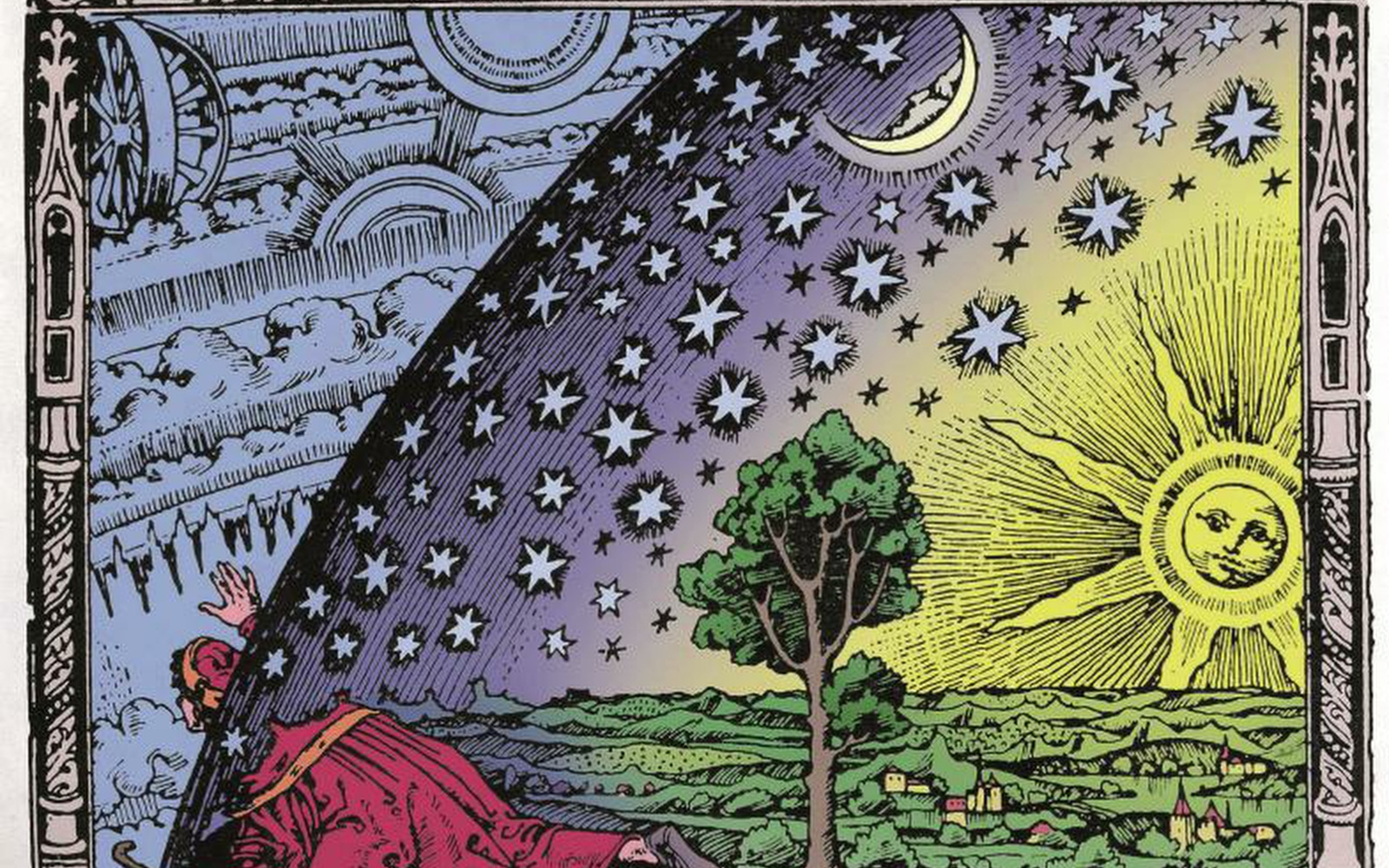- Event
- Talk
Homo ludens and his great world theatre
Claus Peymann and Jan Knopf in conversation
Thu, March 16, 2023 7:00 pm CET
- Location
- Media Theater
Are we thrown into the "world" or do we build it in our own image? Do we find the world or is the world our construct? Do we depict life in art or do we build constructs to recreate ourselves? Do we get on or do we get off when we want a new world because the old one has not proved itself? Or is it already: End of the line! All aboard, please!
Traditionally, the "world theatre" is the metaphor for our reality: people as actors, God and his "hosts" as the audience. For 200 years we have known through modern technology that the invisible is also real. Science and art have made the invisible visible and brought about a new "remote society" that overcomes space and time with electromagnetic waves. With the new media (film, radio, television, smartphone, AI), humans are stepping out of natural evolution and increasingly creating an exo-universe for themselves. The near goal is already the fusion of the analogue and the digital as new spaces of play and experience for a homo novus who builds the world according to his own fortune and settles into it exclusively.
Or: Have we already become so accustomed to the comforts of a technology that is incomprehensible to the general public that we consider it "natural" and the living human being a disruptive factor, which could be renamed techno-evolution?
The theatre-maker Claus Peymann and the literary scientist Jan Knopf in conversation.
Definitions:
World theatre: The real theatre, as theatrum mundi, depicts the stage of the world. God is the exalted director of the play and represents the audience with the angels. The people are assigned their roles by God, which they must consistently play through and with which they must prove themselves in the play.
According to the status clause that was valid at the time, everyone remained who they were: the beggar remained poor and homeless, the peasant remained a farmer, the king remained a ruler. According to the motto »Do right - God be upon you« and with active neighbourly love, man has to play his role and in the end is punished or rewarded by God depending on how he has played his role. Example: Calderón's »The Great World Theatre« (around 1630), renewed by Hugo von Hofmannsthal and still on the repertoire today: »The Salzburg Great World Theatre« (1922).
Exo-evolution: Man outsourced the functions of his body: the hand to the hammer, the feet to the wheel, the arms to the bow and arrow, speech to writing, memory to clay tablets and computers, etc. With the chain of exteriorisations, man steps out of evolution, he frees himself from the violence of nature and creates with exteriorised organs, an exo-evolution.
Techno-evolution: The technical loses the character of the alien amazingly quickly by producing anthropomorphic adaptations. Thus, in a chain of increasing simulations, the environment, first mechanised, engineered, then electrified and now digitalised, becomes (second) nature for humans and makes them forget first nature.
